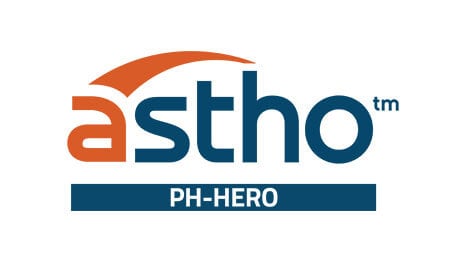Resources for Public Health Leaders
Displaying 73 to 81 of 144 records

PH-HERO Spotlight with Washington Department of Health
Learn about Washington Department of Health’s experience with ASTHO’s PH-HERO program, addressing wellbeing & mental health in the workforce.

Supporting the Public Health Workforce with Trauma-Responsive Leadership Skills
This blog from ASTHO’s PH-HERO team touches on the importance of trauma-responsive leadership in the public health workforce.

NIOSH Total Worker Health® Program - CDC
The Total Worker Health approach seeks to improve the well-being of the U.S. workforce by protecting safety, health, and productivity.

What Is Psychological Safety at Work? | CCL
This article from Center for Creative Leadership outlines 8 steps to take to foster psychological safety in the workplace.

Promoting a More Resilient Workforce - Public Health Management & Practice
This article covers key aspects of appreciative inquiry to improve recruitment and retention and to help build more resilient organizations.

STAR Model: Office - Harvard University
STAR (Support. Transform. Achieve. Results.) is an innovative process for creating an effective and productive work culture.

How Employers Can Advance Health Equity in the Workplace - McKinsey & Company
This article analyzes a 2021 survey of US employees to understand the state of health equity within the workforce and provide recommendations.

Meta Analysis of Relative Contribution of Leadership Styles to Followers' Mental Health - Journal of Leadership & Organizational Studies
A meta-analysis study that compares the strength of the relationships between leadership styles and followers’ overall mental health.

Politics and the Public Health Workforce: Lessons Suggested from a Five-State Study - Milbank Quarterly
This study of 5 states focuses on lessons learned pertaining to the public health workforce and ARP funding during the covid-19 pandemic.
This PH-HERO Workforce Resource Center is supported by the Centers for Disease Control and Prevention (CDC). The contents are those of the authors and do not necessarily represent the official views of, nor an endorsement by, CDC or the U.S. government.


